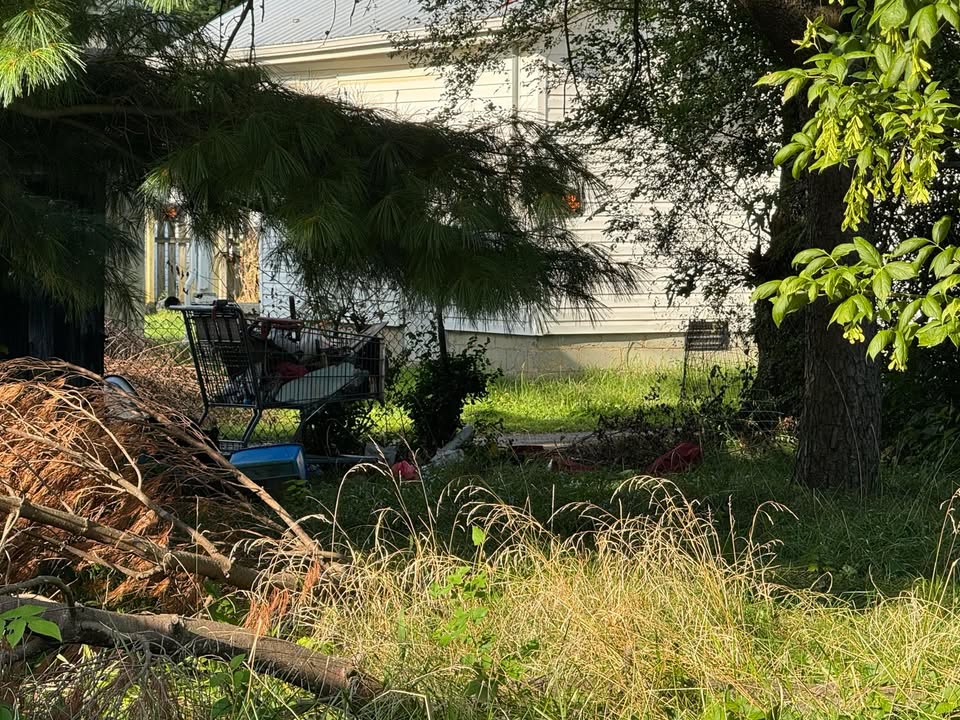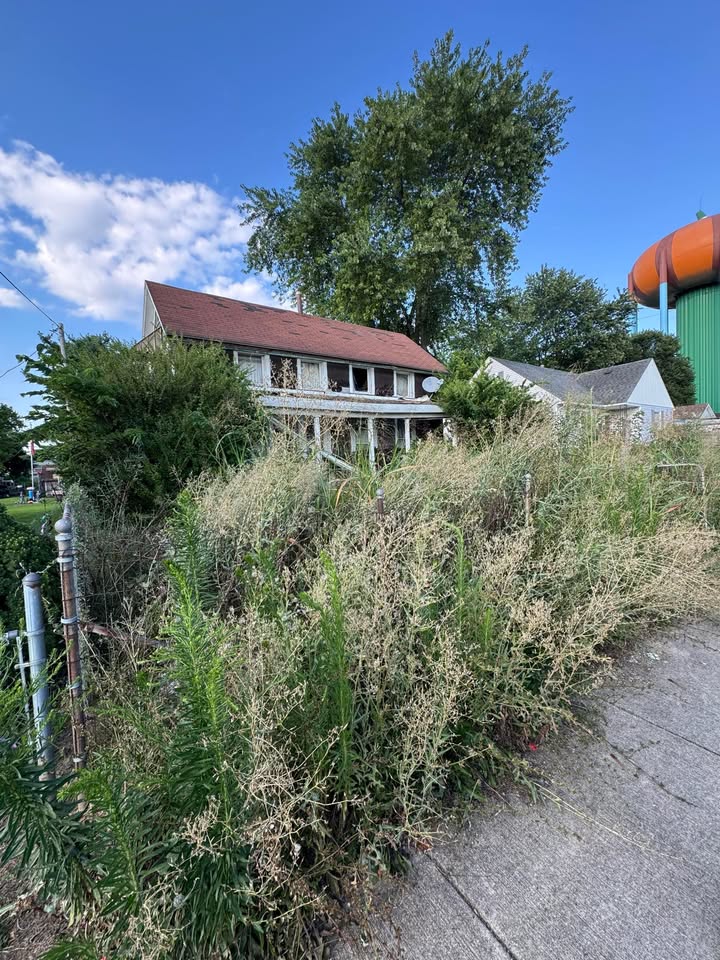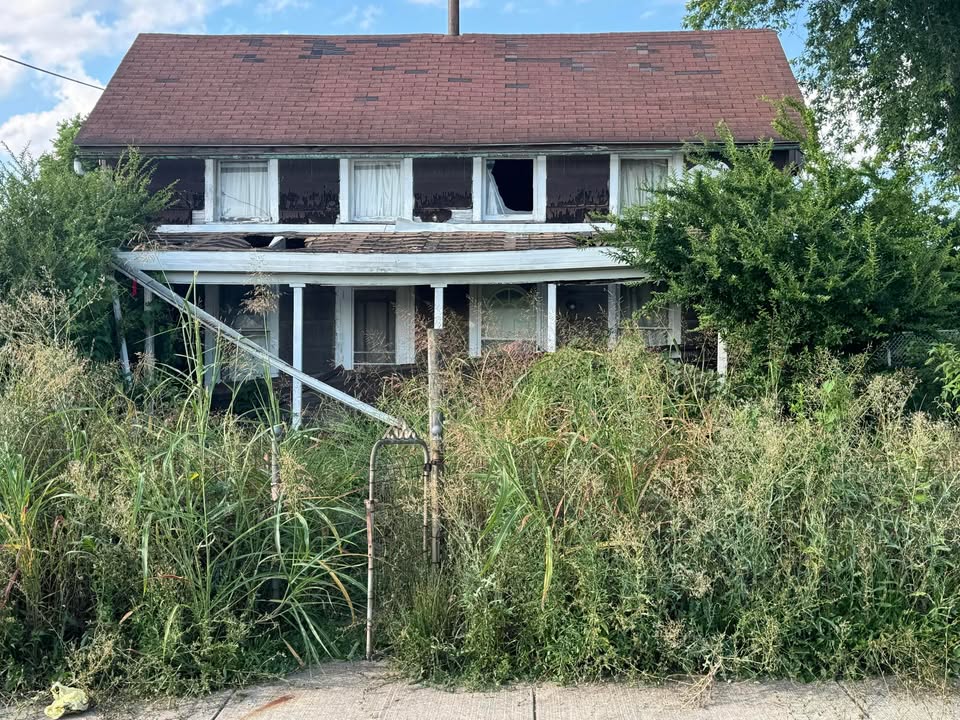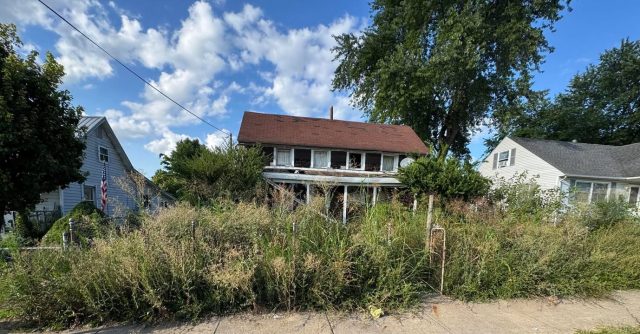
CIRCLEVILLE, OH — A proposed overhaul of Circleville’s code enforcement system could bring sweeping changes to how the city handles property violations—aiming to move from criminal penalties to a more efficient civil fine structure.
The initiative was at the center of a public hearing held Tuesday, August 5, where officials and residents gathered to discuss the shift. Currently, even minor violations such as overgrown grass and weeds are treated as criminal offenses, carrying a minor misdemeanor charge. That process, officials say, is slow, costly to taxpayers, and often ineffective in resolving neighborhood nuisances in a timely manner.

At the hearing, a 79 year old homeowner from Logan Street voiced her frustration with the current system. She described how the property next to her has deteriorated since the owner passed away last year. “It started with the weeds and tall grass,” she said, adding that the unmaintained home has attracted vermin like raccoons, skunks, and mice, and even homeless individuals who have entered the vacant structure. “I’m fed up. Animals are coming onto my property, and now I’m scared for my safety.”

City officials acknowledged the delays, explaining that some enforcement processes are tied up in court proceedings or slowed by health department backlogs. Mayor Michelle Blanton and Law Director emphasized that the proposed changes aim to fix exactly this kind of bureaucratic gridlock.
Under the proposed system, Code Enforcement Officers could issue civil fines directly rather than pursuing criminal charges. The new process would begin with a formal notice and a compliance deadline—potentially as short as five days for issues like high grass. If violations persist, escalating fines would be added to the homeowner’s water bill. Only in more severe or repeat cases would criminal charges still be considered.

The Law Director noted that civil enforcement allows the city to act faster and more affordably: This is about empowering the city to take action before problems spiral out of control and impact neighboring residents.
The homeowner who spoke at the meeting, however, remains skeptical. “The system is failing me,” she said. “It’s been months with no real action. We need change now.”
City officials say public input will shape the final outcome. While civil penalties offer speed and efficiency, critics warn that they may reduce the deterrent effect of enforcement if not strictly applied. Balancing fairness, efficiency, and community safety will be key as Circleville weighs its next steps. The City promised that the change could make enforcement on a property in little as a week vs months at the current level.
A final decision on the policy has not yet been made, as it now works into Council meetings.











